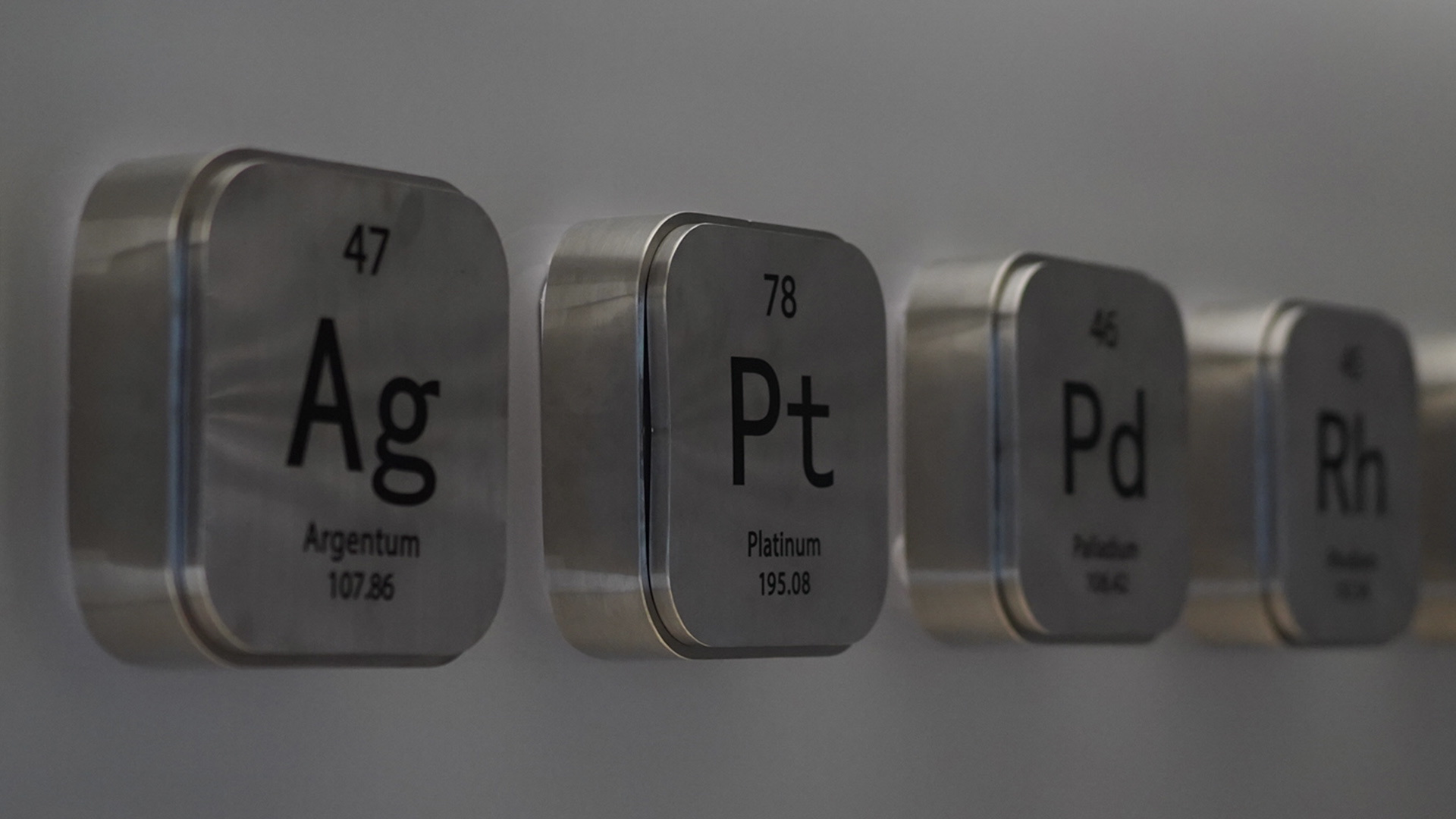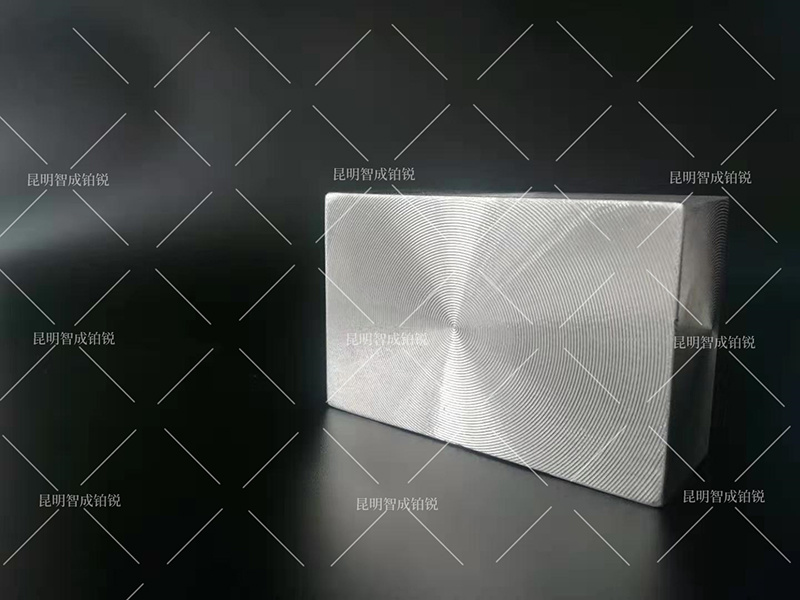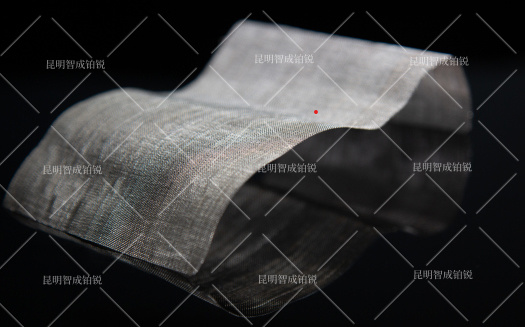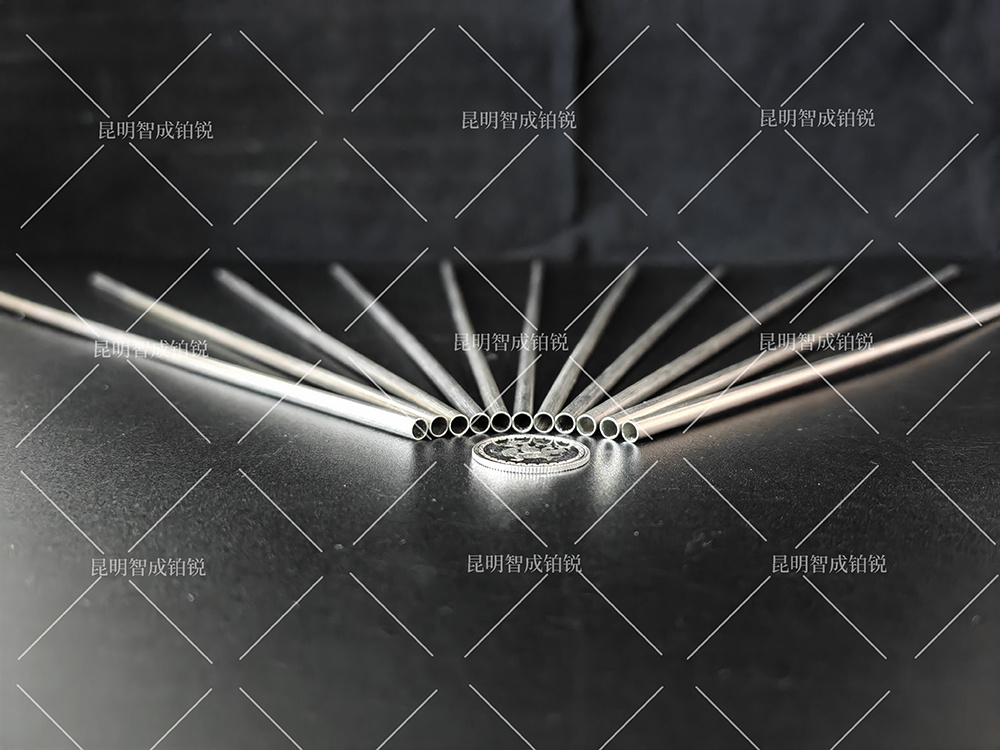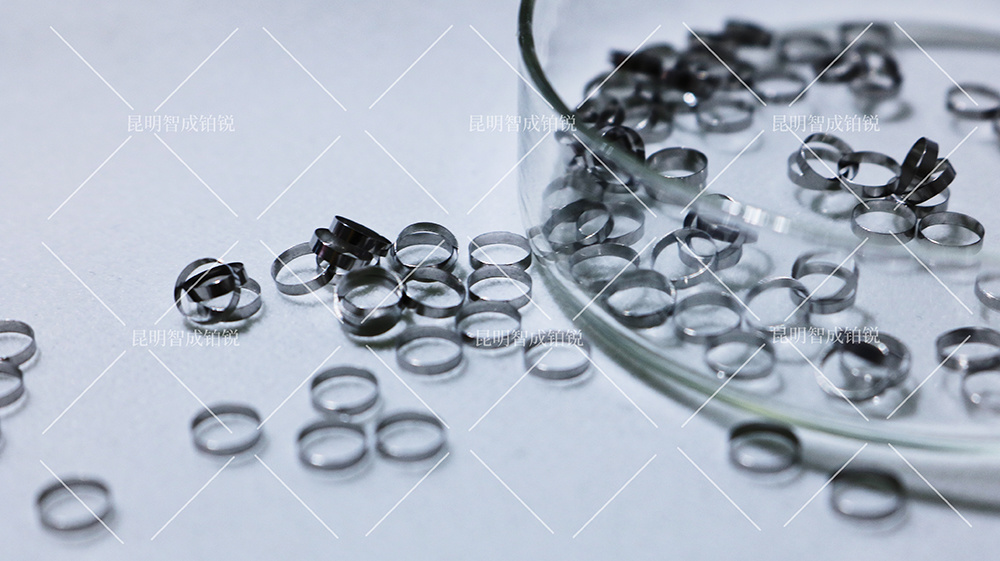


Platinum-iridium 10 wire is a binary alloy based on platinum containing iridium. It is a continuous solid solution at high temperatures, featuring high hardness, high melting point, excellent corrosion resistance, and low contact resistance. The chemical corrosion rate is 58% of that of pure platinum, with an oxidation weight loss of 2.8 mg/g. It is a classic electrical contact material used in ignition points of aircraft engines, sensitive relays, and electrical contacts of micro motors; as well as potentiometers and conductive ring brushes in precision sensors such as aircraft, missiles, and gyroscopes.



Platinum-Iridium 10 wire
Contact Us
Classification
Related Products
Platinum has a very high chemical stability (insoluble in any acid or base except aqua regia) and catalytic activity, thus it has a wide range of applications. It can be combined with cobalt to make strong magnets. It is often used to manufacture corrosion-resistant chemical instruments, such as various reaction vessels, evaporating dishes, crucibles, electrodes, and platinum nets. Platinum and platinum-rhodium alloys are commonly used as thermocouples to measure temperatures from 1200 to 1750°C. It can also be used to make jewelry. In medicine, it can be used as an anti-cancer drug, with platinum compounds like cisplatin being used for cancer chemotherapy.
The platinum alloy mesh in its elemental state is a catalyst used in the production of nitric acid. It is applied in fields such as nitric acid catalytic platinum alloy mesh, battery electrode collectors, thermocouple instruments, vacuum high-temperature equipment, petrochemicals, pharmaceuticals, and machinery manufacturing.
The platinum-iridium 10 tube is a tubular material synthesized from the corrosion-resistant and highly stable precious metals platinum and iridium, and has been widely used in scientific research and industrial fields. It is used to make high-precision measuring instruments, equipment that can withstand high temperatures and pressures, and devices that operate in extreme environments. For example, the definition of the meter, the unit of length in the International System of Units, once relied on a specific length of a ruler made from a platinum-iridium alloy.
Platinum alloy is one of the most stable alloy materials in terms of chemical, mechanical, and electrical properties. It features high strength, high elasticity, and low contact resistance, and is compatible with human biology, making it an ideal material for implantable and interventional surgeries. The development ring is currently mainly used in biomedicine as a marking ring for X-ray development markers in the distal working area during interventional treatments. The material is platinum alloy, and it does not introduce any additional materials that may be harmful to the human body, ensuring high safety.


